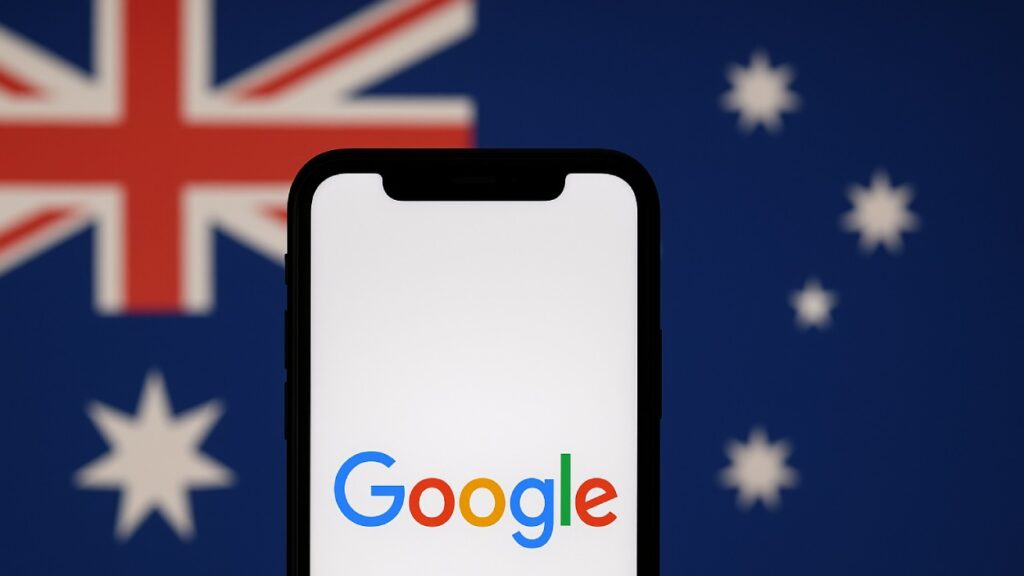Google has agreed to pay a $36 million fine in Australia after admitting to anti-competitive deals with Telstra and Optus that shut out rival search engines.
TLDR:
- Google will pay A$55 million ($35.8 million) after striking exclusive search engine deals with Telstra and Optus
- The deals blocked rival search engines from being pre-installed on Android phones between 2019 and 2021
- Telcos were paid with ad revenue shares in exchange for exclusivity
- The penalty follows broader Australian regulatory action against Big Tech firms
What Happened?
The Australian Competition and Consumer Commission (ACCC) found that between December 2019 and March 2021, Google signed exclusive agreements with Telstra and Optus. These deals made Google Search the only pre-installed search engine on Android phones sold by these telcos. In return, Google shared a portion of its advertising revenue generated from searches on these devices.
Google has admitted this arrangement substantially lessened competition, and the tech giant has agreed to a A$55 million settlement to avoid further litigation.
Google’s Search Monopoly in Australia
These exclusive agreements are a textbook example of how pre-installed apps can dominate user behavior. Research consistently shows that most users rarely change default settings. By locking in Google Search on millions of Android phones, competitors were effectively shut out from gaining traction in the Australian market.
We’ve commenced Federal Court proceedings against Google Asia Pacific over anti-competitive understandings that Google admits it reached with Telstra and Optus regarding the pre-installation of Google Search on Android mobile phones. https://t.co/HsO7C4kaiz pic.twitter.com/OlNIBLMMht
, ACCC (@acccgovau) August 18, 2025
Key details from the ACCC findings:
- Google held over 90 percent market share in Australia’s search engine market as of 2019
- The “default effect” meant most Australians never explored alternative search options
- Revenue-sharing incentives discouraged telcos from offering any competing services
The deals between Google and the telcos were quietly struck, with the public largely unaware of how this restricted competition behind the scenes. The ACCC argued that such arrangements harmed both consumers and smaller tech firms trying to gain a foothold.
No More Exclusivity Going Forward
In a major win for regulatory enforcement, both Telstra and Optus provided court-enforceable undertakings in 2024 not to renew or enter similar agreements again. Google also confirmed it has removed the problematic provisions from its contracts with Android phone manufacturers and telecom providers.
A spokesperson for Google stated, “We are committed to providing Android device makers more flexibility to pre-load browsers and search apps, while preserving the offerings and features that help them innovate, compete with Apple, and keep costs low.”
The Federal Court must still formally approve the penalty, but both Google and the ACCC have jointly submitted the settlement for approval.
What TechKV Thinks?
Honestly, I think this is long overdue. Google has been playing the dominance game too hard for too long. When over 90 percent of a market is locked down by one player, there’s no room left for innovation or consumer choice. These pre-installation deals might seem like boring backend contracts, but they shape what users see and use every day.
It’s refreshing to see the ACCC not just uncover this but actually take action. And while $36 million might be pocket change for Google, the ripple effects are what really matter. It opens up the Android ecosystem in Australia and tells Big Tech that these backdoor deals won’t fly anymore.
